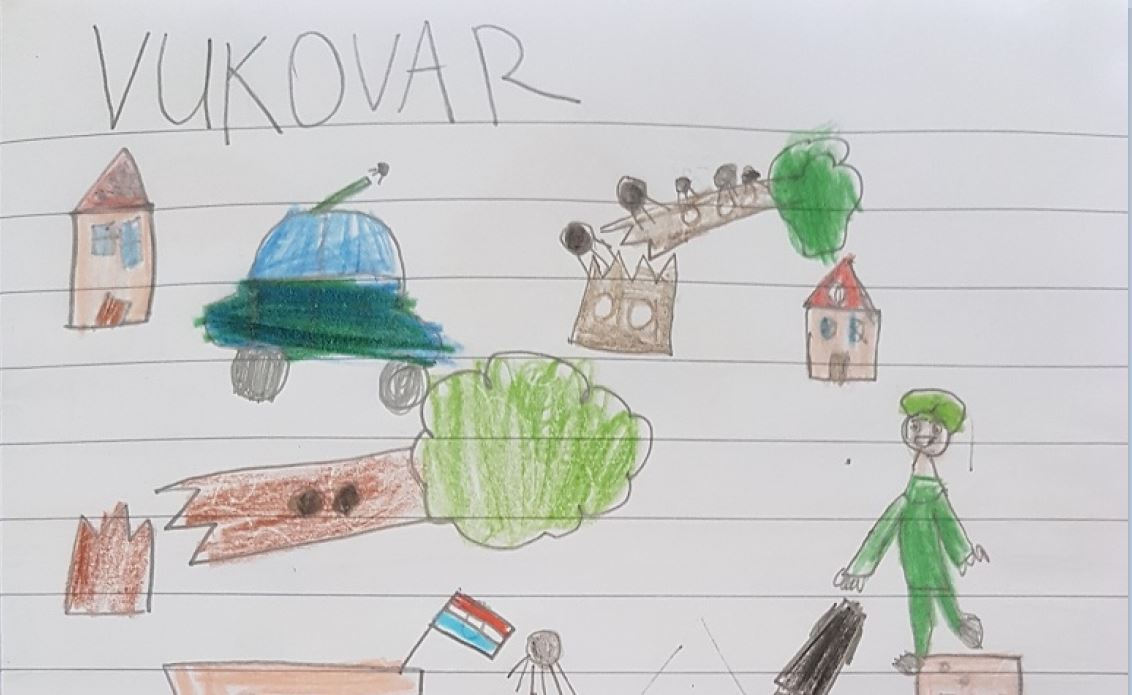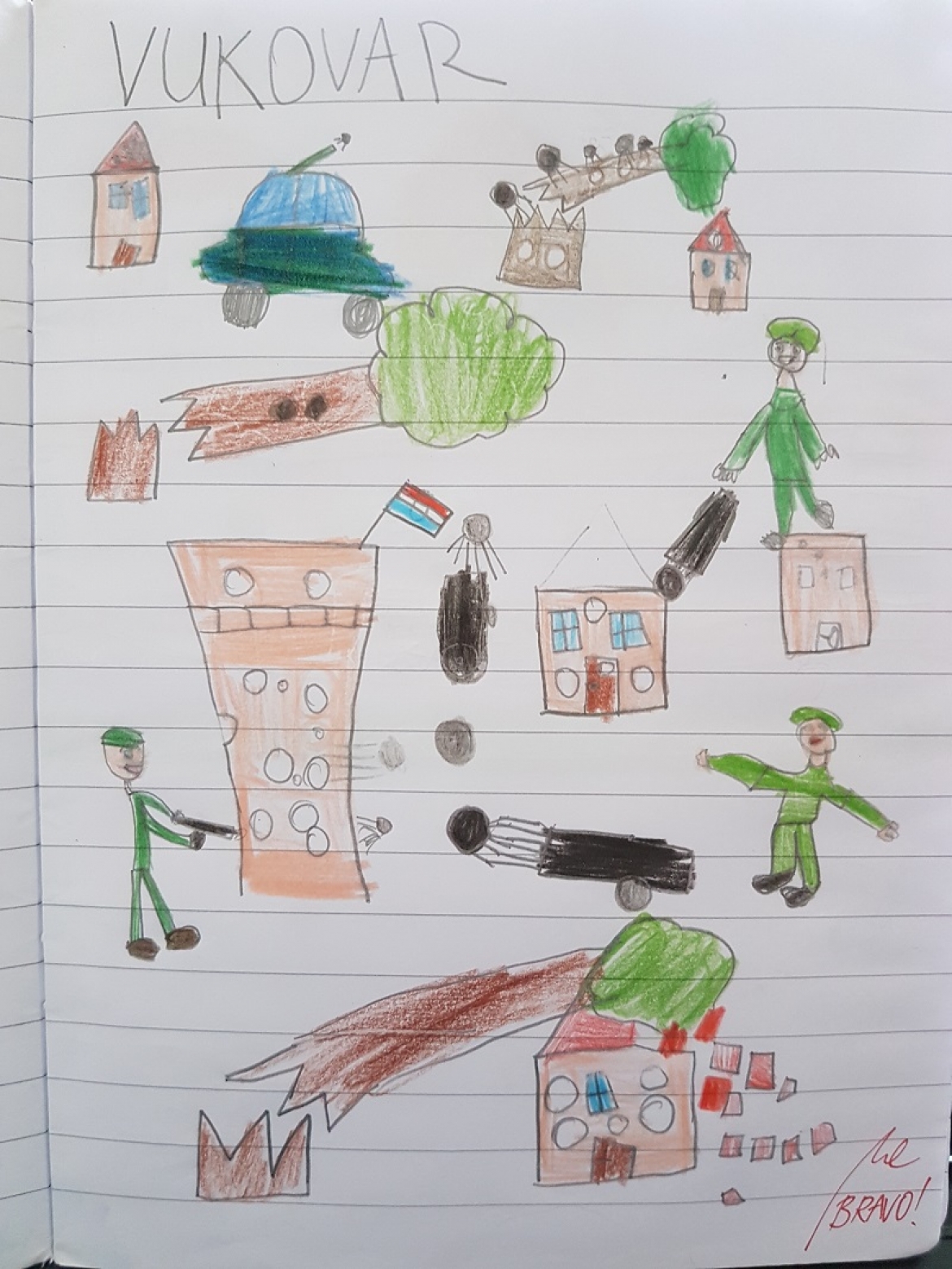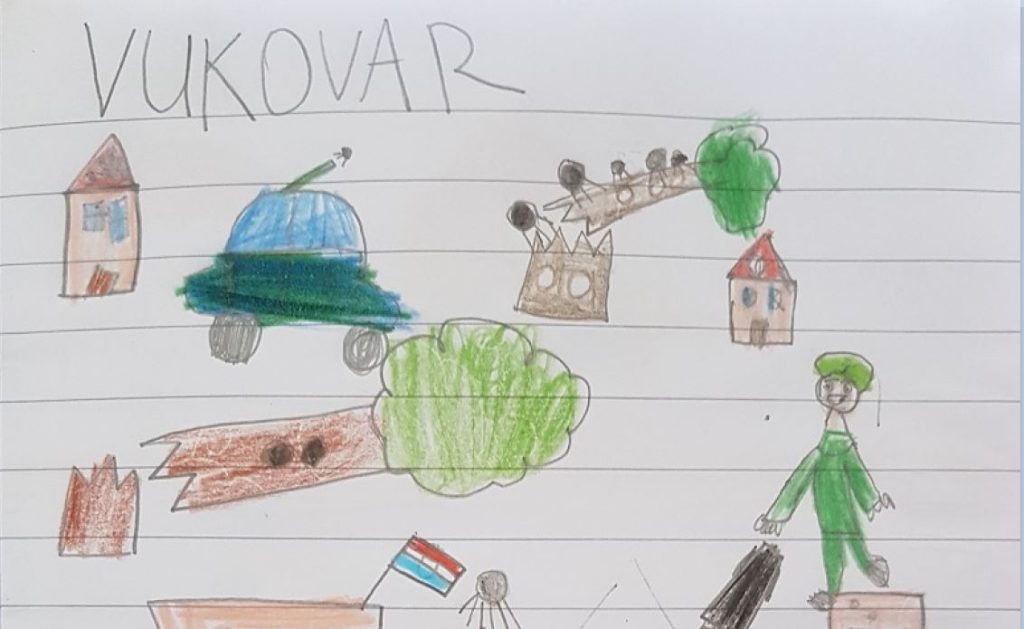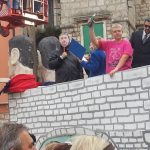
As Croatian divisive politics harks back to the past and continues to divide the country, is it really necessary to poison the minds of the next generation?
I am aware that this article will alienate a number of people, particularly the large number who will not read past the headline but still pronounce their social media hatred and threats. I am ok with that. I am aware that the article will probably get a lot of hits, but I don’t write for the hits, as TCN is not a clickbait website, but I think that it is an important thing for people here to consider as they debate the past and the future.
It is an article I have wanted to write for a very long time, but I have hesitated, knowing the likely reactions it would bring, but the time is right, particularly now with the current cycles of division and hatred in the political scene.
As a parent, there are events and dates that you never forget. Being present at the birth, first smile, first steps, the first day of kindergarten. And so on.
And in my case, November 19, 2014, a date I will never forget.
It was 6am, another tranquil early morning on the island of Hvar, and I was starting the day’s blogging in bed when the door opened and my 7-year-old daughter entered shaking and sobbing. I took her into the bed, wrapped her in my arms and kept her warm and safe, not talking to her. I was trying to figure out what in the world would make her so upset in this paradise childhood on Hvar, surrounded by a loving family, where everything was safe, safe, safe.
Racking my brains at trying to find clues to anything that may have upset her – an argument, something. Nothing. And then I saw the date on my computer. The day after November 18, an important day in the Croatian psyche, remembering Vukovar. It is a very dignified memorial of a recent and horrific event, as streets bearing the city’s name all over the country are lined with candles, and town squares are filled with candles put there by those who will not – and should not – forget, including school children. It must have been something about Vukovar that so upset my daughter.
“What have people been saying about Vukovar? Is that why you are upset?”
“Yes, Daddy, it is horrible. The Serbs came with tanks and they destroyed everything, and then they took an old man and put him on this thing, and then stretched his body, and then they put cigarettes out in his eyes.” And she cried again.
I held her tight and changed the subject, tears welling up inside me – a mixture of sadness and anger.
Seven years old, first grade at school.
What had been taught at school and what discussed in the playground, I have no idea, but the case is certainly not isolated to her school – it is common all over Croatia. Time passed, but the thing would not leave me, and as I was chatting to my girls the other day, I asked them to show me their homework for Vukovar. Above is the homework of my younger daughter, seven years old when she did it.
“Some of my friends drew dead bodies, Daddy, but the teacher told them that they should not draw dead bodies.”

Well done to the teacher, but what kind of society are we living in, when young children are drawing dead bodies for their homework, creatively reproducing the images that their society has given them?
Remembering – and learning from – Vukovar is of the utmost importance, but is this really the way to do it? People will tell me now (once again) to fuck off back to London, and what do I know, coming from a country which has not experienced the horrors of the Nineties here. And I would agree up to a point. I was in Rwanda in 1994 during the genocide, where 8,000 people a day were killed every day for 100 days until 800,000 people or 11% of the population had been killed. Looking at the progress Rwanda has made in the last 20 years from its horrors is striking compared to here.
But that is a separate discussion, for my concern here, are the minds of the next generation. Should they not be filled with love and beautiful things, to give them the strongest possible start in life, rather than drawing dead bodies at the age of seven? Isn’t there a time later in their childhood when they can get into the torrid detail, if they must?
The burden of the young modern Croatian child is not restricted to the recent conflict, it continues with politics. My daughter came home from school one day, again aged seven, to tell me that one of her friends was HDZ and the other SDP. She had no idea what either meant, but kids had been branded, almost like Hajduk supporters, and the education of division at home has started. The number of times I heard the words Ustasa, Fascist, Partisans and Communists among Jelsa’s younger generation after the famous Christmas star episode, is alarming.
Croatia is the most political country I have ever lived in, by far. Ask the average adult Brit on the street how many politicians they can name by face and job title, and the answer will probably be about 5-10. Despite what people may think with the running of this website, I am apolitical and politics is never discussed at home. Despite that my daughter can name and recognise the following:
Mayors Peronja (Jelsa), Baldasar (Split) and Bandic (Zagreb – did you see him trying to speak Italian, Daddy – so funny).
Presidents Mesic, Tudjman, Kosor (the day after yesterday Daddy), Josipovic (did you see him falling off the stage in Belgrade, Daddy, so funny), Kolinda.
Tim, Bozo, Tomi K., Zoki – she knows them all. Not because she is into politics at all, but because politicians are celebrities here, spouting their division and harking back to the past at every turn.
Nine years old.
We can’t move forward until we have dealt with our past, they scream in the bars in Sydney. Lustration. Nothing without lustration. I abhor all totalitarian regimes, and true horrors occurred on all sides in this region for too long. But what is the plan for the future? To continue to poison the minds of the future of Croatia, to prolong the hatred for another generation? And then another, and another? To provide the first nightmares in the lives of your children and grandchildren? For what?
Croatia desperately needs to move on before all its young talent has left, it needs to look to the future. People say it is still filled with its Communist past, with the prominent people in yesteryear pulling the strings today, without the mentality changing. I can accept that, but those people will become less and less by generation until they are all gone, and then we will have a new Croatia, a Croatia which has new heroes – Mate Rimac, Luka Modric, Janica Kostelic and others, people who were themselves barely touched with the horrors of the past, apart from early childhood. These are the role models and symbols of the new Croatia that children should be talking about and trying to emulate, rather than learning about political division and how to draw dead bodies.
The hate in Croatia is unbelievable (and my inbox is a small snapshot of it), and while I understand it, the question to the haters and those who refuse to move in is this:
Is this really what you want for your children? Inducing nightmares on your own kids, and watching them express their creativity by drawing dead bodies at the age of seven?









